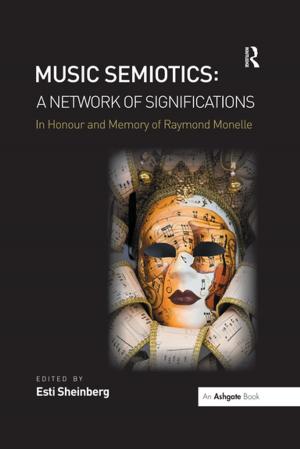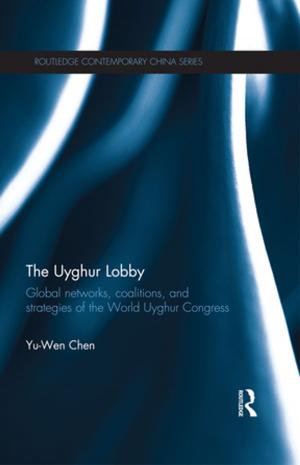Questions on Wittgenstein (Routledge Revivals)
Nonfiction, Religion & Spirituality, Philosophy, Epistemology, Modern| Author: | Rudolf Haller | ISBN: | 9781317686859 |
| Publisher: | Taylor and Francis | Publication: | May 1, 2014 |
| Imprint: | Routledge | Language: | English |
| Author: | Rudolf Haller |
| ISBN: | 9781317686859 |
| Publisher: | Taylor and Francis |
| Publication: | May 1, 2014 |
| Imprint: | Routledge |
| Language: | English |
Wittgenstein, possibly the most influential philosopher of the twentieth century, is often labelled a Neopositivist, a New-Kantian, even a Sceptic. Questions on Wittgenstein, first published in 1988, presents a selection of nine essays investigating a matter of vital philosophical importance: Wittgenstein’s relationship to his Austrian predecessors and peers. The intention throughout is to determine the precise contours of Wittgenstein’s own thought by situating it within its formative context.
Although it remains of particular interest to Anglo-Saxon philosophers, special familiarity with Austrian philosophy is required to appreciate the subtle and profound influence which this cultural and philosophical setting had on Wittgenstein’s intellectual development. Professor Haller has spent his career exploring these themes, and is one of the foremost authorities on both Wittgenstein and contemporary Austrian philosophy.
Questions on Wittgenstein thus offers a unique insight into the twentieth-century tradition of Austrian philosophy, and its importance for Wittgenstein’s thought.
Wittgenstein, possibly the most influential philosopher of the twentieth century, is often labelled a Neopositivist, a New-Kantian, even a Sceptic. Questions on Wittgenstein, first published in 1988, presents a selection of nine essays investigating a matter of vital philosophical importance: Wittgenstein’s relationship to his Austrian predecessors and peers. The intention throughout is to determine the precise contours of Wittgenstein’s own thought by situating it within its formative context.
Although it remains of particular interest to Anglo-Saxon philosophers, special familiarity with Austrian philosophy is required to appreciate the subtle and profound influence which this cultural and philosophical setting had on Wittgenstein’s intellectual development. Professor Haller has spent his career exploring these themes, and is one of the foremost authorities on both Wittgenstein and contemporary Austrian philosophy.
Questions on Wittgenstein thus offers a unique insight into the twentieth-century tradition of Austrian philosophy, and its importance for Wittgenstein’s thought.















